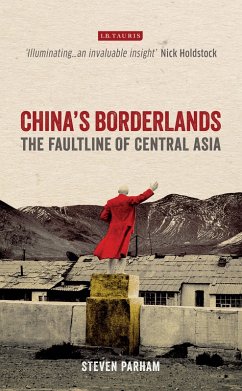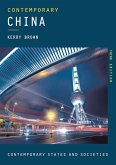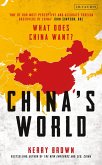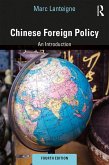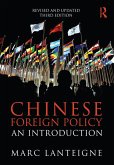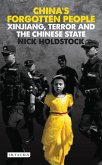This region - which marks the meeting of China and post-Soviet Central Asia - is increasingly important militarily, economically and geographically. Yet we know little of the people that live there, beyond a romanticised 'Silk Road' sense of fraternity. In fact, relations between the people of this region are tense, and border violence is escalating - even as the identity and nationality of the people on the ground shifts to meet their new geopolitical realities. As Steven Parham shows, many of the world's Soviet borders have proved to be deeply unstable and, in the end, impermanent. Meanwhile, the looming presence of Modern China and Russia, who are funneling money and military resources into the region - partly to fight what they see as a growing Islamic activism - are adding fuel to the fire. This lyrical, intelligent book functions as part travelogue, part sociological exploration, and is based on a unique body of research - five months trekking through the checkpoints of the border regions.
As China continues to grow and become more assertive, as it has been recently in Africa and in the South China Seas - as well as in Xinjiang - China's borderlands have become a battleground between the Soviet past and the Chinese future.
As China continues to grow and become more assertive, as it has been recently in Africa and in the South China Seas - as well as in Xinjiang - China's borderlands have become a battleground between the Soviet past and the Chinese future.

